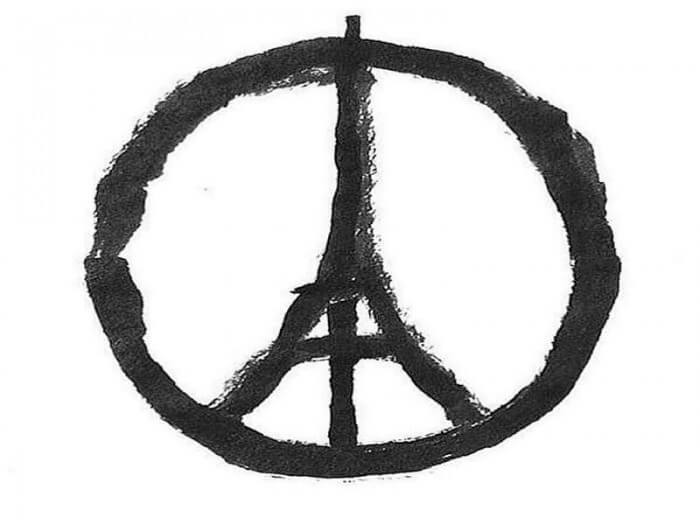France’s Socialist government has been both praised and criticised for submitting proposed laws, which would allow for the citizenship of convicted terrorists to be revoked. This legislative power could only be exercised upon dual-nationals, as France’s obligations under international law prevent it from leaving a person stateless. However this proposal, which was introduced three days after the Nov. 13 Paris attacks, has raised serious questions regarding the way in which terrorism is best handled.
Many on the right have applauded these measures, stating, as did far-right National Front vice president Florian Philippot, “Terrorists don’t deserve French citizenship, because French citizenship is an honour.” This is a sentiment that appears to resonate with the French public; several polls over the past week suggest that 80 to 90 percent of the French public are in favour of the proposal. The constitutional change, to be debated in Parliament in February, requires a three-fifths majority vote from lawmakers.
Whilst it appears clear that greater security measures are necessary in the wake of the Paris attacks, it remains unclear whether the power to strip dual-citizenship will prove a deterrent, or will simply further alienate the Islamic community. On its face, the proposal appears to carry little deterrent power when compared to the current penalties of serious jail time. Rather, as critics have pointed out, the proposal creates two classes of citizens – dual nationals who could lose their citizenship and others who cannot – which defies the principles of equality set out in France’s constitution. Further, the timing and rhetoric around the citizenship proposals makes it clear that the laws are aimed at Islamic terrorism, and the Islamic community more generally. It has been rightly pointed out that these laws may simply further alienate the Islamic community at a time when social tensions in France around issues of immigration are incredibly high.
Similar laws have been introduced in the UK, Canada, the Netherlands and Australia. In the Australian context, these laws have been heavily criticised for exactly these reasons, for their capacity to contribute to an us vs. them mentality, whilst offering very little deterrent. As stated by Anne Aly, a prominent Australian academic in the area of radicalisation:
“Stripping Australian citizenship won’t in itself cause further radicalisation, the way it is framed may do. It will be framed as the Government saying, ‘If you can’t adhere to Australian values, you don’t deserve to be Australian.’ The message is ‘to be Muslim is to not be Australian’. And who else is giving out that message? Islamic State.”
The capacity for these laws to do more harm than good must be closely examined, and balanced against the desire from French politicians to be seen to be doing something in response to terrorism. As stated by Socialist senator Samia Ghali, the revocation of citizenship is a slippery slope to the removal of further personal rights in the name of security. What is more alarming is the fact that these laws may be seen as simply an illusion aimed at pacifying the domestic population. Revoking citizenship will do nothing to address the alienation, isolation and disenfranchisement that lead to domestic radicalisation; neither does it address the international conflicts that produce militants capable of undertaking these attacks. Steps need to be taken in the wake of the Paris attacks – it is debatable if these laws are a step in the right direction.
- Closing German Borders; Undermining the EU? - March 5, 2016
- China Refuses to Recognise UN Ruling on South China Sea Dispute - February 28, 2016
- Iran Undermines OPEC Oil Production Freeze - February 22, 2016


